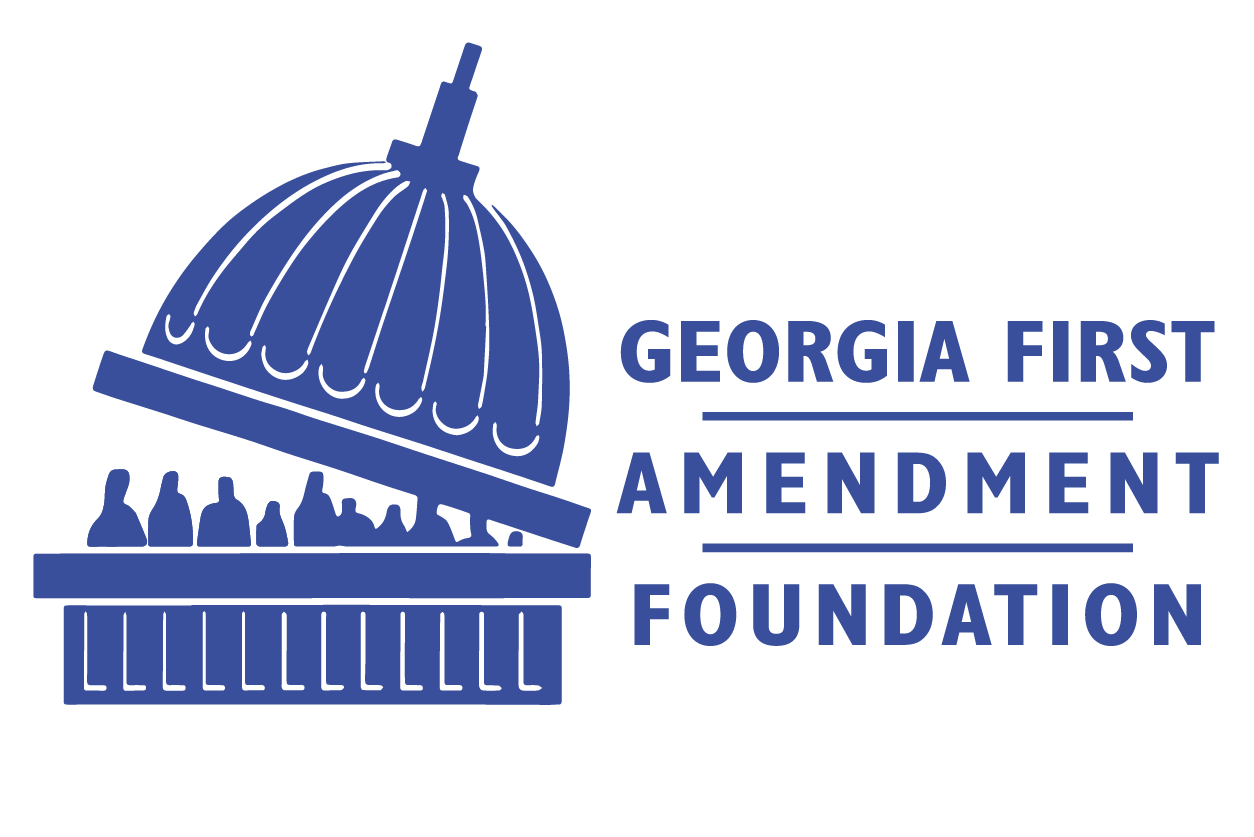Reflecting on a year of transparency challenges and opportunities.
As 2018 comes to a close, Georgians can look ahead to a more transparent future.
The biggest news: What started as an ugly records fight between news organizations and the City of Atlanta led to the Georgia attorney general’s first investigation into a public records violation and may create a model for open government. What’s more, a related settlement will fund open government training throughout Georgia.
Here is a look back at events that helped or hurt public access and government transparency statewide in 2018, and how the Georgia First Amendment Foundation fought for citizens’ right to know.
Extraordinary donations announced at Weltner Banquet will boost transparency training
At our 2018 Weltner Award Banquet, we honored Cobb County Senior Judge Jim Bodiford for his career-long efforts to keep courts open and transparent. During the October banquet, The Atlanta Journal-Constitution and Channel 2 Action News also announced an $80,000 donation funded by the news organizations’ settlement with the City of Atlanta that will be used to provide open government training to public officials, members of the public and journalists across Georgia.
In addition, the Department of Journalism at the University of Georgia’s Grady College of Journalism and Mass Communication announced a donation through its William S. Morris Chair in News Strategy and Management. The university will provide $10,000 to update the foundation’s popular open government guidebooks. The Georgia Press Association also is contributing $1,000 toward the guidebook revisions.
Support from these donors and sponsors of our annual fundraising event added up to more than $136,000 — an extraordinary amount underscoring that our open government mission is more important than ever.
Legislative Breakfast foreshadows a tough session for transparency
At our Legislative Breakfast, lawmakers, reporters and government watchdogs gathered at Georgia State School of Law to discuss potential threats to transparency in Georgia. It turned out that the 2018 General Assembly session was not a good one for the public’s right to know.A bill passed to let big lottery winners keep their names secret, although they receive millions of dollars from the state. A criminal justice reform bill passed that significantly expanded trial courts’ability to seal court records and conceal criminal histories. A bill passed that adds an unnecessary exemption to the Open Records Act; it enables the Georgia Department of Human Services to shield from the public information on people chosen by the department to serve as foster parents. The bills became law July 1.
State’s highest court rulings promote transparency
The Georgia Supreme Court reiterated that public information that otherwise might qualify for an Open Records Act exemption can be released if a government agency wants to disclose it.
Justices also approved a rule change that would generally keep existing protocols in place for audio and video recording in courtrooms, as well as give judges discretion about whether people can use electronic devices to type and text in their courtrooms.
Meanwhile, the Georgia Court of Appeals confirmed that citizens who request public records should not be hassled about the reason for their requests.
Keep up with what the Georgia First Amendment Foundation has planned for 2019 by becoming a member today.
